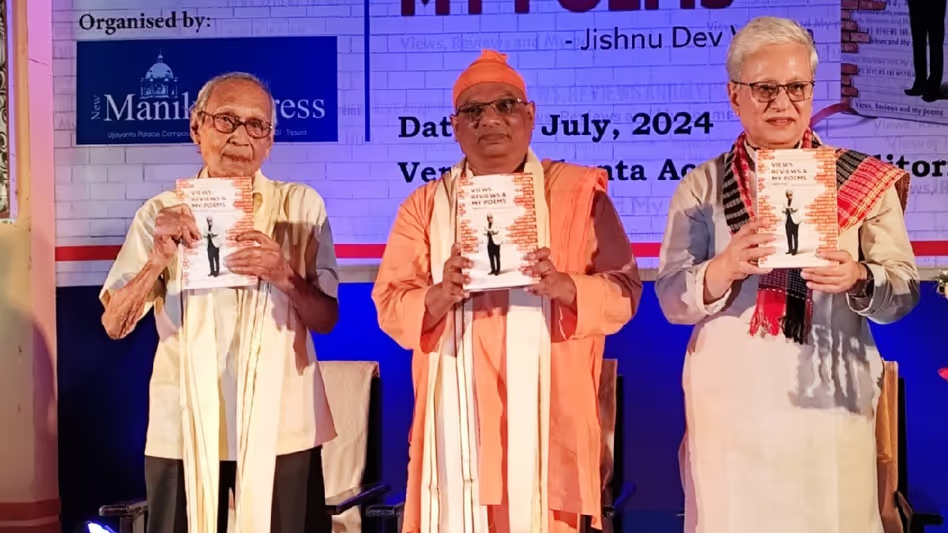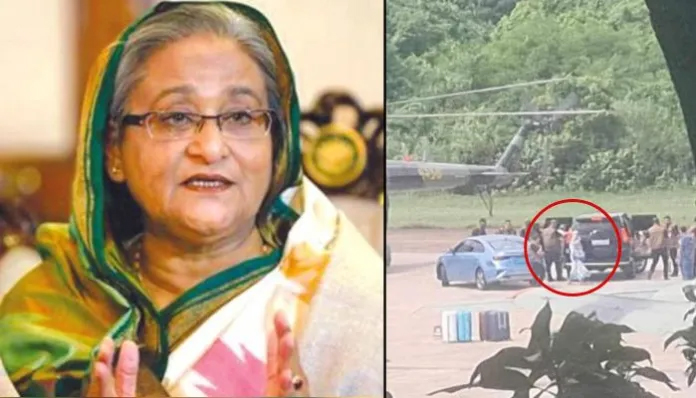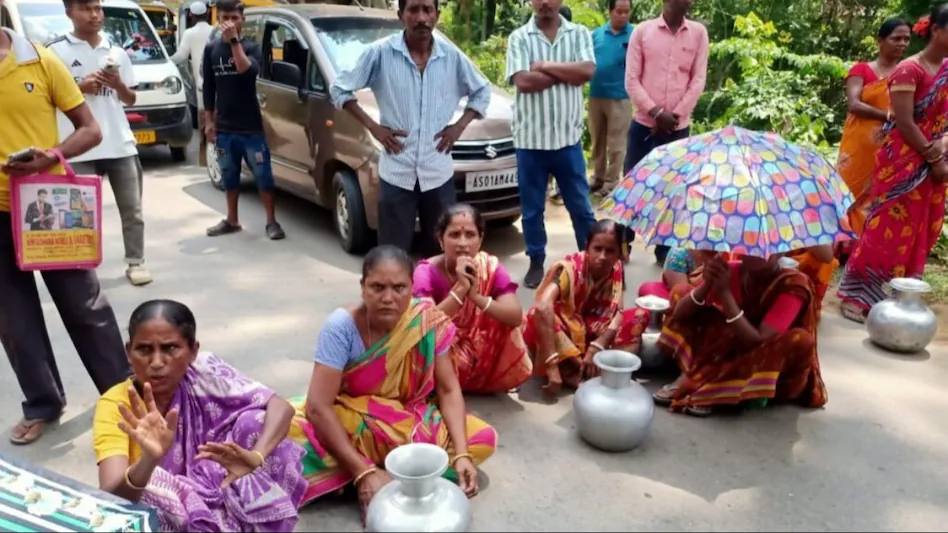“This book has short articles because the younger generation doesn’t engage with longer pieces,” said the author
 KRC TIMES NE Desk
KRC TIMES NE Desk

AGARTALA : “Every man has a story; some can write and some cannot,” said Former Tripura Deputy Chief Minister Jishnu Dev Varma, the current designated Governor of Telangana, during the release of his book titled Views, Reviews, and My Poems in Agartala on Sunday, July 28.
The book begins with 32 poems and features a collection of essays, articles, and poems by Jishnu Dev Varma, covering various subjects and the rich history of Tripura. It also includes travelogues. Dev Varma remarked that life is about satisfaction and that he wrote this book with young readers in mind.
“This book has short articles because the younger generation doesn’t engage with longer pieces,” said the author. He also delves into the concept of eternity, suggesting that in modern times, the essence of time has changed.
One notable section of the book is about the ‘Upanayana’ ceremony, where Dev Varma shares a conversation with his mother, Maharajkumari Kamala Prabha Devi, about shaving his head for the ritual. “In the book, I wrote about my ‘Upanayana’ and the discussion and argument I had with my mother regarding shaving my head. Later, the royal priest explained its significance,” he shared.
In a chapter titled “Folding the Himalayas,” the poet recounts dressing like the Dalai Lama, saying, “I was a monk for one hour and a politician for the rest of my life. Every child must have a fantasy; there is no harm in living your dreams. If you have the courage to live your dream, everything is possible,” he said.
Dev Varma emphasized that a person cannot hide a book from themselves. “It is going to come out. Every man has a book in them. Every man has a story; some can write and some cannot. There is no age for writing or poetry because they never die,” he reflected.

Recounting the start of his writing journey, Dev Varma mentioned that in class 8, his mother gave him a book named Boijanti, written by her, to translate. “That was the beginning,” he said.
The book also includes an extensive chapter on the North East, spanning almost 11 pages—the longest chapter in the book. The writer explores the relationship between Rabindranath Tagore and the Tripura Royal Family. “That is our heritage. Bisarjan and Rajarshi were inspired by Tripura. Many letters were written to the late Maharaja Bir Chandra Manikya to provide documents on Tripura for Tagore’s writing,” Dev Varma said.
He also dedicates a chapter to his father, the late Rajkumar Ramendra Kishore Dev Varma.
“My father was a very simple man and was the Chief Secretary of this state. He always believed in the simple things in life. In this chapter, I mentioned a special and small story about how Rabindranath Tagore summoned my father during his college days after Indira Gandhi complained about him smoking. Both were classmates,” he shared. Another chapter is devoted to his mother, Kamala Prabha Devi, a renowned artist of Tripura who broke the purdah system in the royal family.
With this book, Dev Varma offers readers a glimpse into his personal experiences and the rich cultural heritage of Tripura, emphasizing the timeless nature of stories and poetry.





